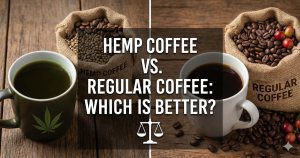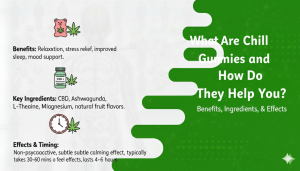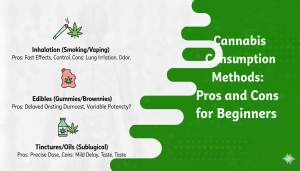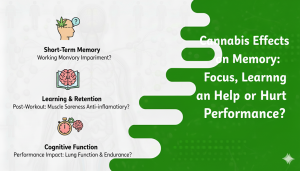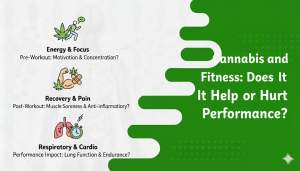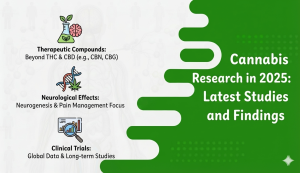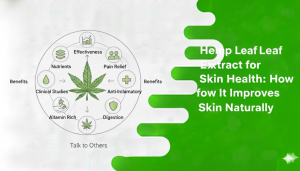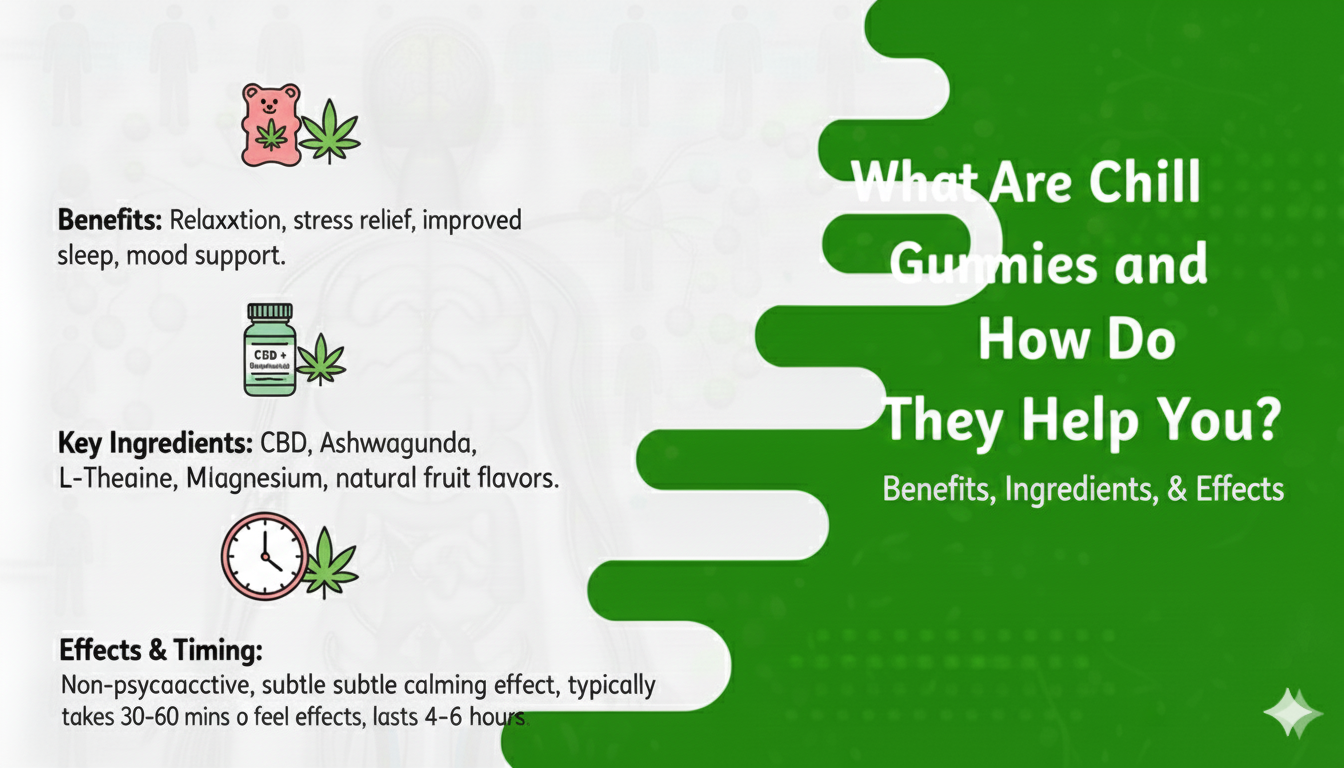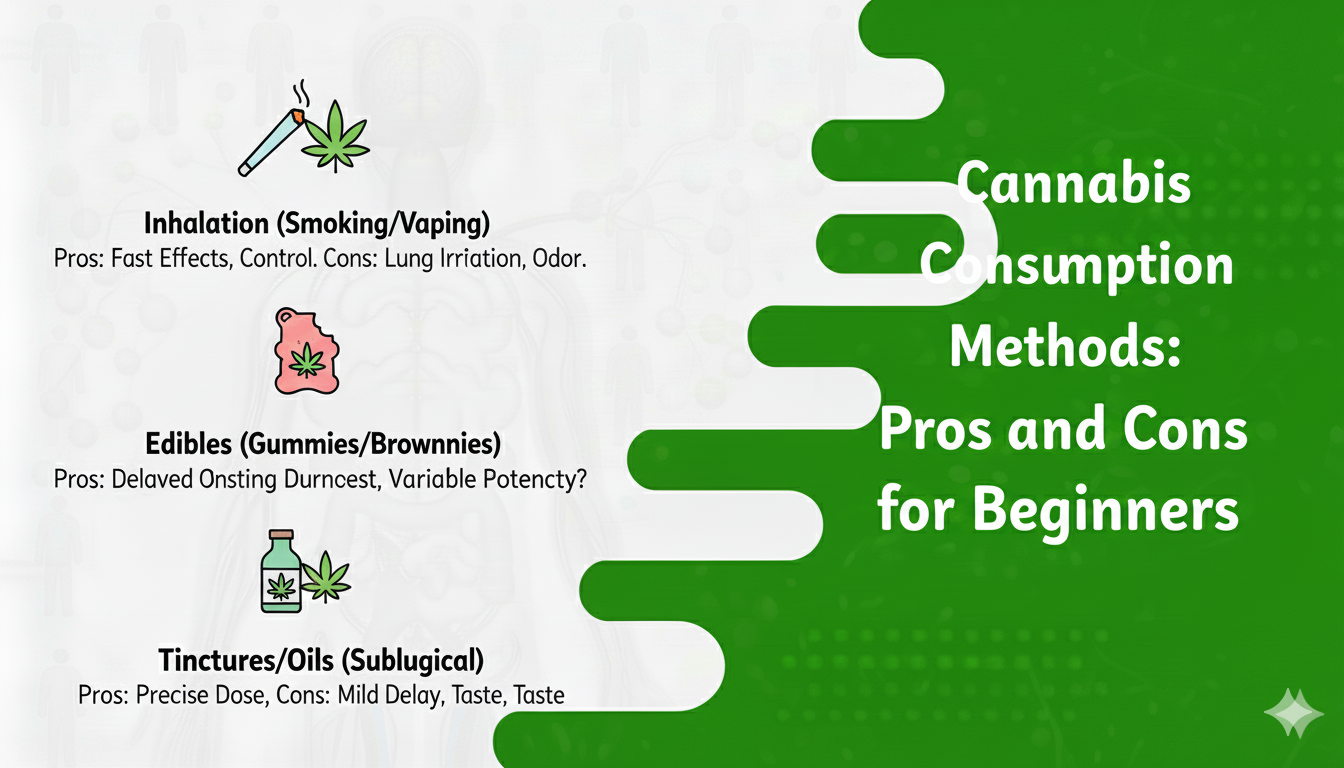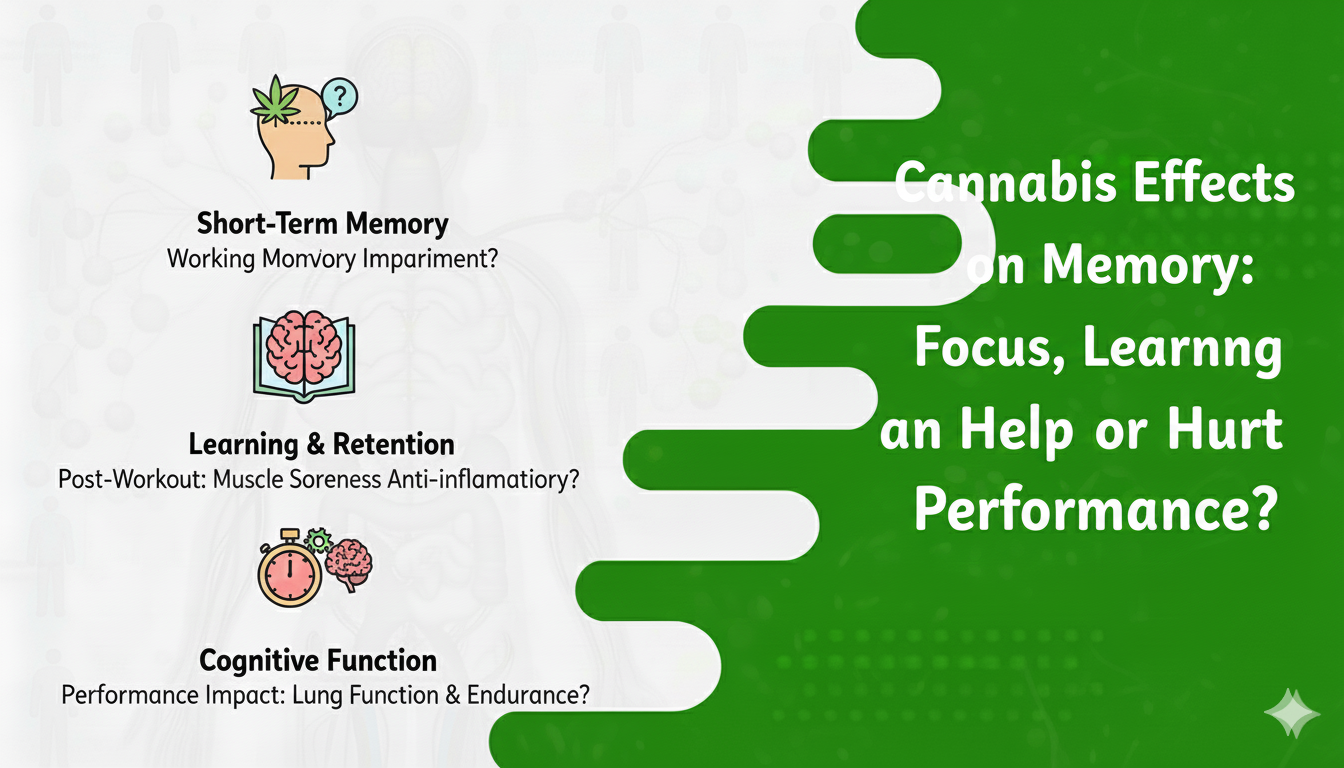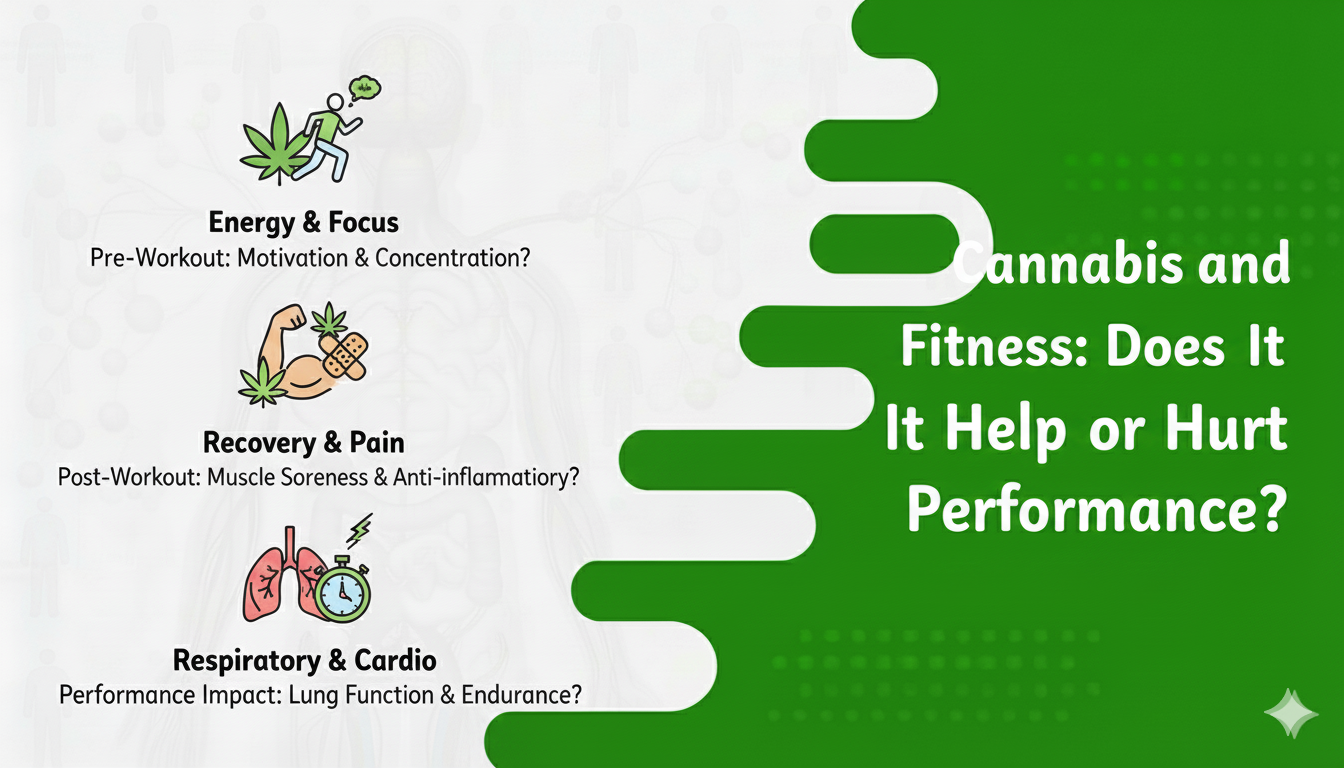There are links on this site that can be defined as affiliate links. This means that we may receive a small commission (at no cost to you) if you purchase something through the links provided on this website.
In the ever-evolving world of cannabis, THC-P has emerged as a fascinating topic of discussion. But what exactly is THC-P, and how does it differ from other cannabinoids like THC and CBD? Join us as we delve into the depths of THC-P, uncovering its unique properties, potential benefits, legal considerations, and more.
Keynotes:
- THCP, or Tetrahydrocannabiphorol, is a cannabinoid compound similar to THC but with unique properties.
- It has gained attention for its exceptional binding affinity to the CB1 receptor, potentially leading to more potent psychoactive effects.
- Research on THCP’s effects, benefits, and safety is still in its early stages, requiring further exploration.
- Buy THCP cautiously as no doubt it can help in managing chronic conditions and mental health disorders, more studies are needed to understand its full potential and ensure safe usage.
What is THCP?
THCP, which stands for Tetrahydrocannabiphorol, is a cannabinoid compound that has gained attention in the cannabis industry.
Like THC (Tetrahydrocannabinol), THCP is a psychoactive compound found in cannabis plants. However, THCP differs from THC in terms of its chemical structure, potency, and potential therapeutic applications.
Understanding the Basics of THCP:
In this section, we will explore the discovery and research surrounding THCP. Scientists first discovered THCP in 2019 when studying the chemical composition of cannabis plants. Initial findings suggested that THCP may have a significantly higher binding affinity to the CB1 receptor, a receptor in the endocannabinoid system responsible for the psychoactive effects of THC, compared to THC itself. This unique characteristic sparked interest in the potential implications of THCP in the cannabis industry and its therapeutic value.
Exploring THCP, ‘s Unique Properties:
One of the most intriguing properties of THCP is its exceptional binding affinity to the CB1 receptor. This means that THCP can potentially produce more potent psychoactive effects compared to THC. However, further studies are needed to fully understand the extent of its potency and the potential implications for cannabis users.
How THCP is Different from Other Cannabinoids
THCP stands out among other cannabinoids due to its chemical structure and its potential to bind more strongly to the CB1 receptor. While THC is known for its intoxicating effects, THCP’s unique properties raise questions about its potential impact on the cannabis industry and its role in both recreational and medical use.
Does THCP Get You High?
As a psychoactive compound, THCP has the potential to elicit intoxicating effects similar to THC. However, it is important to note that the research on THCP’s psychoactive effects is still in its early stages. Therefore, more studies are needed to establish the extent of its potency and determine the effects it may have on different individuals.
Legal Landscape
The legal status of THCP varies depending on the jurisdiction. In some countries and states where cannabis is legal, THCP might also be legal, as it is a naturally occurring compound found in cannabis plants. However, it is crucial to check the laws and regulations specific to your location before using or selling products containing THCP.
Discussing Potential Drug Interactions
Before considering the use of THCP or any cannabis-related products, it is important to be aware of potential drug interactions. THCP may interact with certain medications, including those that affect liver enzymes. Therefore, it is advisable to consult with a healthcare professional to ensure its safe usage, especially if you are currently taking any medications.
Potential Benefits of THC-P:
- Enhanced Therapeutic Potential: Increased potency compared to THC, potentially leading to stronger therapeutic effects.
- Management of Chronic Conditions: Possible efficacy in managing conditions such as chronic pain, inflammation, and neurological disorders.
- Treatment of Mental Health Disorders: Potential for use in treating anxiety, depression, and PTSD due to its psychoactive properties.
- Antiemetic Properties: Research suggests THC-P may have antiemetic properties, aiding in nausea and vomiting relief.
Usage for Anxiety or Depression Relief:
Research on the therapeutic potential of THCP is still in its early stages. However, preliminary studies suggest that THCP may have anxiolytic and antidepressant effects, making it a potential candidate for further exploration in the treatment of mental health disorders. It is important to note that more research is needed to understand the full extent of THCP’s potential benefits.
Understanding the Influence of THCP:
THCP’s impact on cognitive function is another aspect that requires more research. While some users report enhanced cognitive effects, others may experience impairment. Due to the limited data available, it is crucial to exercise caution and be mindful of the potential effects of THCP on cognitive abilities.
Potential Side Effects of THC-P:
- Increased Risk of Psychiatric Symptoms: Increased risk of adverse effects due to higher potency, including paranoia, anxiety, and hallucinations.
- Potential for Addiction: Potential for addiction or dependence, especially with frequent or high-dose use.
- Concerns about Long-Term Effects: Limited research on long-term effects, raises concerns about unknown risks and safety.
- Cardiovascular Considerations: Possibility of cardiovascular effects such as increased heart rate and blood pressure, particularly in individuals with pre-existing conditions
Appropriate Dosage Levels
Determining the appropriate dosage of THCP is challenging due to the limited research available. It is important to start with a low dosage and gradually increase it if needed, while closely monitoring the effects. However, it is strongly recommended to consult a healthcare professional or a knowledgeable cannabis expert to ensure proper guidance on dosage.
In conclusion,
THCP is a cannabinoid compound that has gained attention in the cannabis industry due to its unique properties, such as its exceptional binding affinity to the CB1 receptor. While research on THCP is still ongoing, it is clear that more studies are needed to fully understand its potential benefits, dosage guidelines, and long-term effects. As with any cannabis-related product, it is important to exercise caution and consult professionals before use.
Disclaimer:
The information provided in this blog is for educational and informational purposes only. It does not constitute medical advice and should not be relied upon as a substitute for professional medical advice, diagnosis, or treatment. Always seek the advice of your physician or other qualified health providers with any questions you may have regarding a medical condition.
What is THC-P, and how is it different from THC?
THC-P, or tetrahydrocannabiphorol, is a cannabinoid compound found in cannabis, similar to THC (tetrahydrocannabinol). However, THC-P is believed to offer more potent effects with smaller doses compared to THC.
What are the potential benefits of THC-P?
Some anecdotal evidence suggests that THC-P may offer potential benefits similar to THC, such as pain relief, relaxation, and mood enhancement. However, further research is needed to confirm these effects and explore potential medical applications.
Is THC-P legal?
The legality of THC-P varies depending on regional regulations. While some states or countries may have legalized THC-P along with cannabis or its derivatives, others may classify it as a controlled substance. It’s essential to check local laws before purchasing or using THC-P products.
Is THC-P safe for everyone?
THC-P may not be safe for certain populations, including pregnant or breastfeeding individuals, adolescents, and individuals with a history of substance abuse or mental health disorders. It’s crucial to consult with a healthcare professional before using THC-P, especially if you have any underlying health conditions or concerns.
Can THC-P be detected in drug tests?
Standard drug tests typically screen for THC metabolites, which may not detect THC-P. However, specialized tests may be able to detect THC-P in biological samples. It’s essential to consider the potential implications of THC-P use, especially in contexts where drug testing is a concern.
How do you consume THC-P?
THC-P can be consumed in various forms, including smoking, vaping, edibles, tinctures, or capsules. The method of consumption can affect the onset time and duration of effects, so it’s essential to choose a suitable method based on personal preferences and desired outcomes.
Can THC-P cause addiction or dependence?
While THC-P shares similarities with THC, there is limited research on its addictive potential. However, like other psychoactive substances, regular and excessive use of THC-P may lead to psychological dependence in some individuals.
Can THC-P cause addiction or dependence?
While THC-P shares similarities with THC, there is limited research on its addictive potential. However, like other psychoactive substances, regular and excessive use of THC-P may lead to psychological dependence in some individuals.
Is THC-P legal?
The legality of THC-P varies depending on regional regulations. While some states or countries may have legalized THC-P along with cannabis or its derivatives, others may classify it as a controlled substance. It’s essential to check local laws before purchasing or using THC-P products.
Are there any interactions between THC-P and medications?
THC-P may interact with certain medications, particularly those that affect the central nervous system or liver enzymes involved in drug metabolism. It’s essential to consult with a healthcare professional before using THC-P, especially if you are taking prescription medications or supplements.

